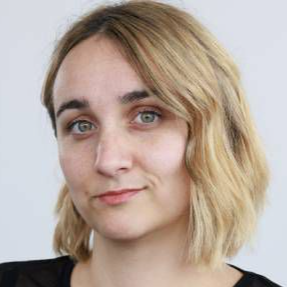The ban, and other conditions imposed on him, came after an "acrimonious divorce" spanning many years, his lawyer Fletcher Pilditch said.
In 2016, his ex wife's husband approached the Civil Aviation Authority (CAA) suggesting it was possible Lindsay might try to commit murder-suicide by deliberately crashing a passenger jet.
When the initial complaint was made, Lindsay was made to undergo medical surveillance for two years, while still being allowed to carry passengers for his airline, Cathay Pacific.
But in 2018 the restrictions were upgraded to include the passenger ban.
While the passenger ban was eventually lifted, Lindsay is appealing the CAA's decision in court on principle, arguing it should never have been put in place to begin with.
It is not clear what prompted the upgrade, but Pilditch suggested in his opening statements to Judge Arthur Tompkins that the poor relationship between Lindsay and Kenedi during the period of medical surveillance was part of the "rationale".
He suggested in court today the "lines were blurred" with Kenedi and the way he engaged with the regulator.
"I did my best to provide advice as professionally as I could," Kenedi replied.
He agreed a reasonable person might believe the lines were blurred when looking at his communication with the CAA, but said when it came to Lindsay, he took "a much more paranoid stance".
"Sometimes he found threats when people were actually trying to assist him or when there was no threat."
He said pilot murder suicides were rare, but in cases where they had happened it was generally with pilots who had "unblemished records" and difficulties in their relationships.
He also agreed it was "highly unlikely" Lindsay's personal problems would spill over into the cockpit, but it would be "catastrophic" if they did.
"I can't predict what will happen in the cockpit. Is it likely? No, he demonstrated 25,000 hours."
But he said missing the possibility of a pilot committing murder suicide by crashing a plane would be "devastating", and akin to "A GP missing cancer".
Pilditch also questioned him on mention of Lindsay potentially "stalking" him, other doctors, or the CAA.
Kenedi spoke of an incident where he had been at a conference in Queenstown, having a discussion with someone, when Lindsay walked up and joined in the conversation, introducing himself and his partner to the other person.
Kenedi said he'd never dealt with a pilot who would "come up in that manner with that self-assuredness and intrude themself in that setting".
He also spoke about a time when Lindsay offered him a ride home after a session, as they both lived in the same part of Auckland.
"I've never had a patient offer to give me a ride home."
He said the incidents, and others, were alone not particularly unusual, but were part of a "pattern of behaviours" that caused him concern.
He also described times during sessions where he would write down statements Lindsay had made, and Lindsay would deny saying them.
"It was all in the context of when he was extremely emotionally upset and dysregulated."
The rest of the appeal hearing has been delayed, and has been tentatively set down to continue in October.
